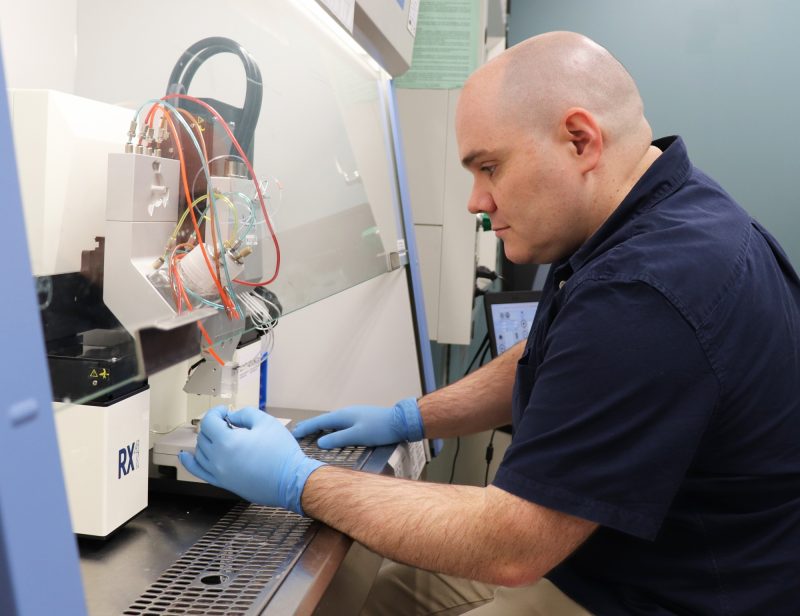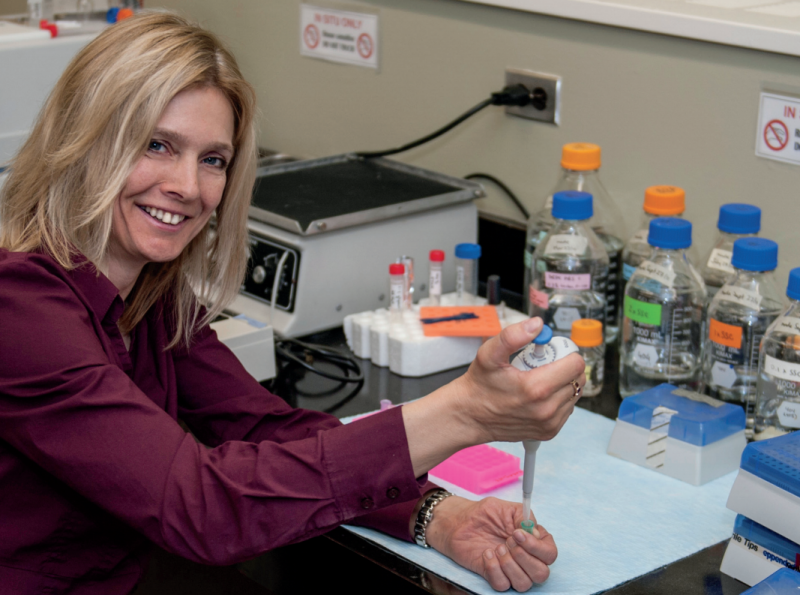Over the course of his training, Dr. Gordon studied in three high-profile Canada research laboratories, each with a record for excellence.
He began his graduate training with Dr. David Hood in the School of Kinesiology and Health Science at York University.
During his master’s training with Dr. Hood, he studied how skeletal muscle mitochondria physiologically adapt to chronic contractile activity, with a specific interest in the mitochondrial protein import pathway and the molecular regulation of the mitochondrial transcription factor A (Tfam).
During his PhD training, he studied with Dr. John McDermott in the Department of Biology at York University. Here, he examined the importance of the myocyte enhancer factor 2 (MEF2) family of transcription factors in muscle differentiation.
His dissertation was directed toward understanding how protein kinase A (PKA) negatively regulates MEF2 activity and muscle gene transcription. In addition, they identified a novel MEF2 interacting partner, the protein phosphatase 1α, and determined how this mechanism regulates myocardin expression in vascular smooth muscle cells through CPI-17.
Finally, he trained as a postdoctoral fellow with Dr. Lorrie Kirshenbaum at the St. Boniface Research Centre, where he studied the molecular regulation of hypoxia-induced programmed cell death in cardiac myocytes.
Here, he engaged in the discovery and biological characterization of a novel hypoxia-inducible splice variant of the death-gene Bnip3. They discovered that this splice variant acts as an endogenous inhibitor, serving to promote cardiac myocyte survival.
Education
PhD, department of biology, York University, Toronto
Master of science, department of kinesiology and health science, York University, Toronto
Bachelor of kinesiology, department of kinesiology, McMaster University, Hamilton
Awards
CIHR-MHRC Post-Doctoral Fellowship (2011-2012)
CIHR IMPACT Strategic Training Program Post-Doctoral Fellowship (2011-2012)
Arnold Naimark Young Investigator Award (2011)




